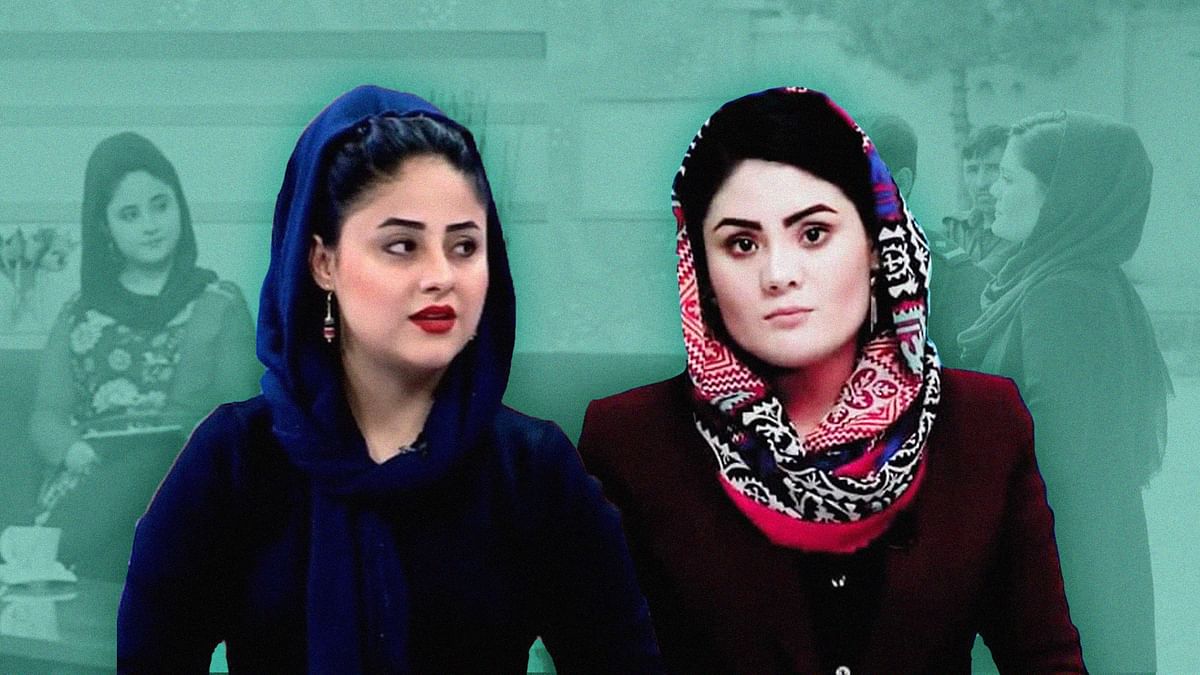Last year, at only 21 years, Sofiea Sakhi Karimi was forced to retire from her brief but celebrated career in the Afghan media owing to growing threats and violence against media workers in her country. “Working in Afghanistan as a journalist always carried a risk – I lost a colleague in 2015 suicide bombing at Lycee Istaqlal High School – but things have steadily worsened, especially if you are woman in media,” she said.
A prominent face on Ariana TV, Karimi started working in the media in 2015, when the news industry in Afghanistan was rapidly expanding. “I come from a family of journalists and media personalities, particularly women, who’ve inspired me to be a part of this world of media,” she said.
Karimi went on to become a presenter and a radio host covering stories on culture, entertainment, and social issues pertaining to women. “I loved my work, especially because it allowed me to highlight issues of women and talk about powerful women to inspire the youth,” she said, describing the many shows she produced and hosted.
But as insurgent violence increased over the past year, Karimi found the conflict had come much too close to her. “Many of our friends received threats or were targeted, some survived and some were killed,” she said. “That had a big mental impact on myself and my husband, who is also a journalist.”
Since the United States and the Taliban signed a peace deal in February 2020, Afghanistan has seen a spike in assassinations – 169 percent, according to the Afghan Independent Human Rights Commission – targeting, among others, civil society and media workers.
One of those killed was Yama Saiwash, Karimi’s friend and a fellow journalist, who was targeted on her wedding day. Saiwash’s killing was the immediate trigger for Karimi to decide she could no longer continue in the media. “I didn’t want to end up as one of the bodies,” she explained.
Already, her husband, Shafi Karimi, a journalist with Radio Azadi, had received threats from insurgent groups. In November 2020, his colleague, Elias Dayee, would be assassinated by the Taliban in Helmand.
“We have been under extreme mental pressure and dread this past year,” Karimi said.
Read full report on NewsLaundry
